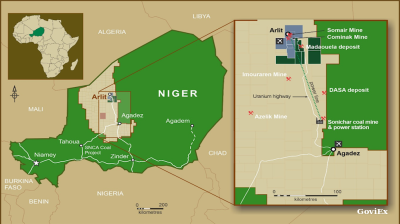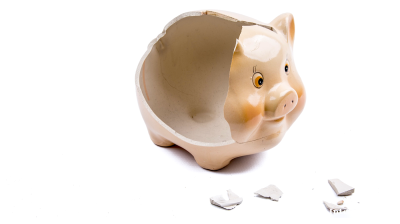Slovakia’s populist Prime Minister Robert Fico has said he wants the EU leaders to postpone voting on a new round of sanctions against Russia.
“I have tasked the Minister of Foreign Affairs [Juraj Blanár] to officially ask the meeting of [the EU’s] foreign ministers to postpone these sanctions until the issue of the so-called repowering will be solved, that is the ending gas flow and nuclear fuel from the Russian Federation to Europe,” Fico was quoted as saying by daily SME and other media local media.
Fico had previously criticised the plan to phase out Russian fossil fuel imports by 2027, which the EU introduced last month. Slovakia nearly eradicated Russian gas imports in the winter of 2022 and 2023, but began importing increased amounts of Russian gas after Fico’s return to power in the autumn of 2023.
Fico has also used the long-signalled end of Russian gas transit through Ukraine by January 1, 2025, to step up his anti-Ukrainian rhetoric, and he has also made unprecedented appearances on Russian state media, widely used by Kremlin propaganda. He was also the only EU leader to appear in Moscow for the end of WWII celebrations.
“I am asking, will there be enough gas for Slovakia? What guarantees do we have that if there is little gas in Germany, in the Czech Republic, it will come to us?” Fico also said, building on his previous rhetoric of cheap Russian gas.
Slovakia has a valid contract with Russian giant Gazprom whereby the Russian side is committed to bringing its gas to Slovakia for free, covering gas transit fees all the way to the Slovak border, while Fico also argued that Russia could sue Slovakia for over €20bn if the contract is ended before its expiry in 2035.
The EU’s phase-out plan does not require unanimity, and faces few implementation obstacles, though large Russian gas importers in the west of Europe, such as Belgium and France, have also criticised it.
Fico has repeatedly threatened to block the EU’s new sanctions against Russia, but has not yet dared to go into such an open conflict with Brussels. His left-right cabinet has faced domestic and EU criticism over its pro-Kremlin rhetoric, as well as rule of law backsliding after it implemented sweeping changes to the country’s judiciary, police, public media and cultural institutions.
Earlier this month, the Slovak parliament also passed a resolution urging members of Fico’s cabinet not to vote for new EU sanctions directed against Russia after the opposition’s boycott of the motion backfired. Fico did not expect the motion, backed by his ally party, ultranationalist SNS, to pass, and Blanár rushed in with a statement that it is not a binding resolution.
The EU’s Foreign Affairs Council is scheduled for June 23, followed by the General Affairs Council on June 24 and the European Council meeting on June 26-27.
News

US suspends strategic dialogue with Kosovo amid political deadlock
Washington singles out Kosovo's caretaker PM, leftwing nationalist Albin Kurti, who has a strained relationship with the Trump administration.

Lukewarm support for Polish UN vote condemning Russian drone incursion
Only 46 out of 193 UN member states signed a joint UN declaration on September 12, denouncing Russia’s alleged involvement in a drone incursion into Polish airspace two days earlier.

GoviEx, Niger extend arbitration pause on Madaouela uranium project valued at $376mn
Madaouela is among the world’s largest uranium resources, with measured and indicated resources of 100mn pounds of U₃O₈ and a post-tax net present value of $376mn at a uranium price of $80 per pound.

Brazil’s Supreme Court jails Bolsonaro for 27 years over coup plot
Brazil’s Supreme Court has sentenced former president Jair Bolsonaro to 27 years and three months in prison after convicting him of attempting to overturn the result of the country’s 2022 election.

.jpeg)

